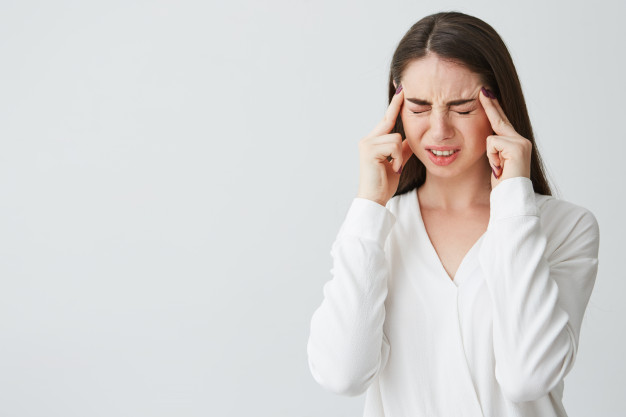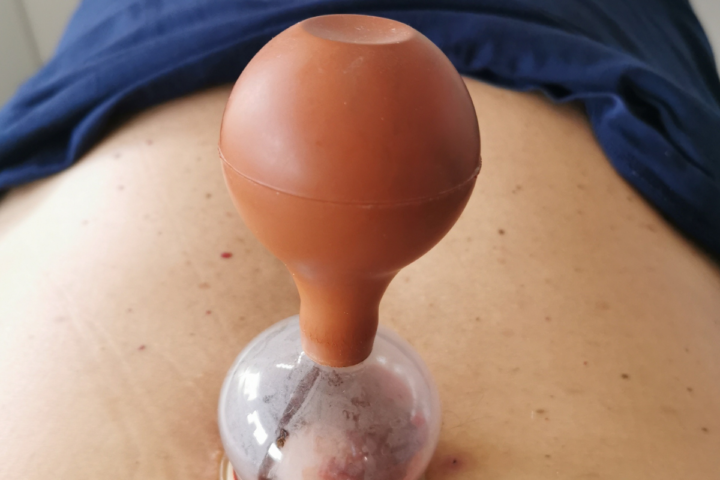Everyone has probably experienced a headache at least once. It is such a common ailment that it is usually underestimated and treatment is usually limited to taking a painkiller tablet. The causes of a headache can be many, ranging from trivial, easy to deal with, to serious illnesses requiring specialist treatment. The causes of headaches, especially causes of migraineshould not be ignored, as it is a signal that the body is not fully healthy.
Causes of headaches and ways to combat them
Sometimes the cause of a headache is identified by the location of the pain. For example, sinus pain is felt in the forehead and cheekbone area, and tension pain is a squeezing sensation in the frontal area or at the back of the head. Usually, the cause of the pain is easy to eliminate and there is no need to take a painkiller. It can be dehydration, exhaustion, hunger, stress, a side effect of certain medications, vitamin deficiencies, muscle tension, among others. It is often enough to regulate one's lifestyle for the pains to disappear.
The picture is different causes of migraine - they are more difficult to eliminate. A headache, especially a persistent, recurring one, can be a sign of more serious diseases and conditions. For example, a developing tumour, abnormal blood pressure, a diseased tooth, poisoning by a toxic substance, trauma or encephalitis. If there is a severe headache and other worrying symptoms, contact your doctor as soon as possible.

Causes of migraine and treatment options
Migraine is an intractable neurological complaint, often preventing you from performing even ordinary daily activities. What are causes of migraine and how can its occurrence be reduced? A migraine most often manifests itself as a steady, strong, throbbing headache, behind the eyeballs and temples. It may be accompanied by other complaints: watery eyes, nausea and vomiting, hypersensitivity to light, smells or sounds. The causes of migraines are not clear, and there may be many factors that trigger a severe headache.
The most common triggers include: severe or prolonged stress, intake of alcohol or certain foods, hormonal changes (in women), changes in weather or sleep patterns, unpleasant or strong smells, insufficient food, physical exertion. As yet, treatments for migraines are unknown. Their prevention, on the other hand, consists in avoiding pain provoking factors, maintaining a healthy, hygienic lifestyle, using relaxation techniques and warm or cold compresses. When a migraine occurs, painkillers can help, which are selected by the doctor according to the intensity of the pain and the frequency of the migraine attacks. Relief may also be provided by hirudotherapy, a treatment using medicinal leeches. They have anti-inflammatory and anti-coagulant effects on the body and stimulate the entire circulatory system.




